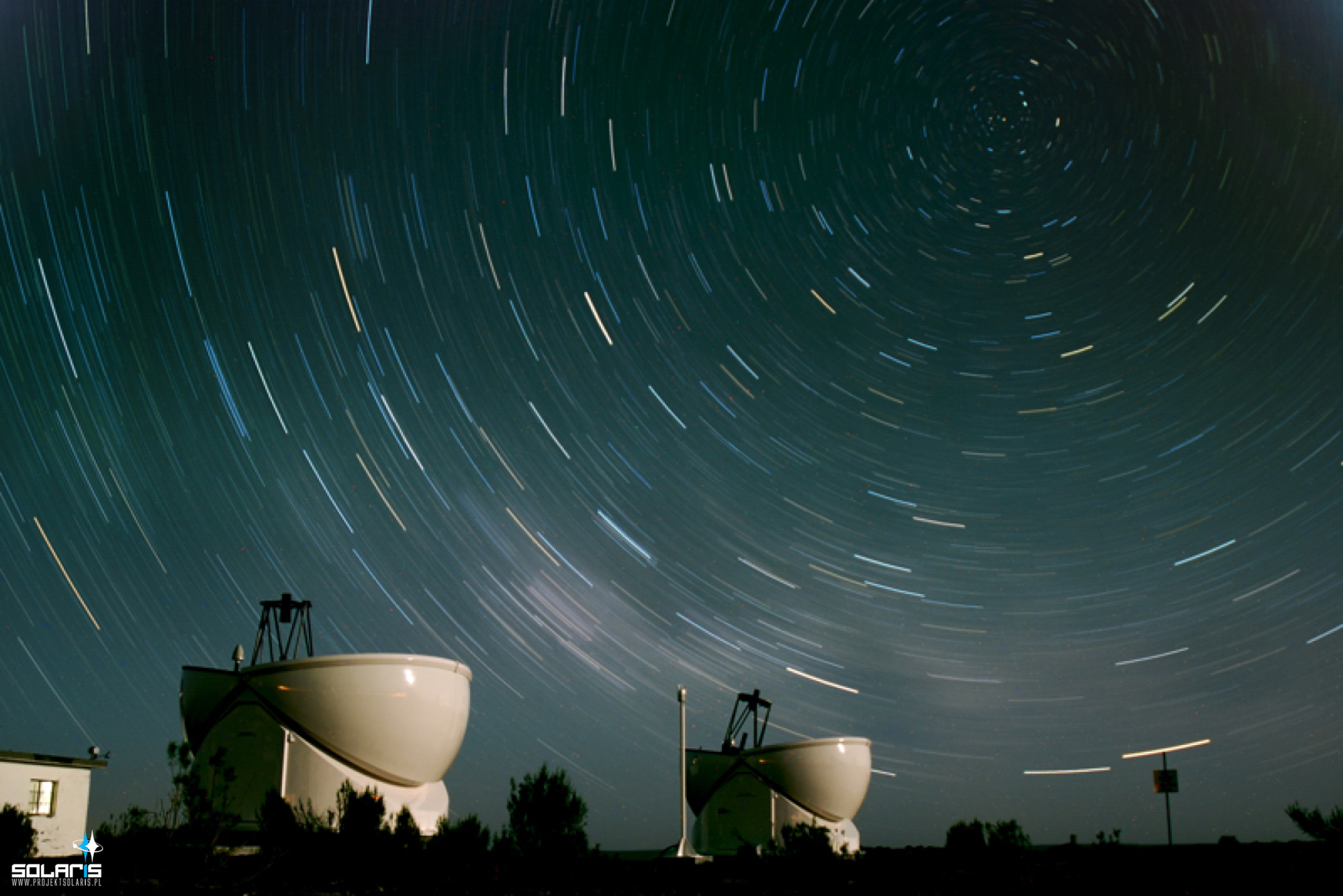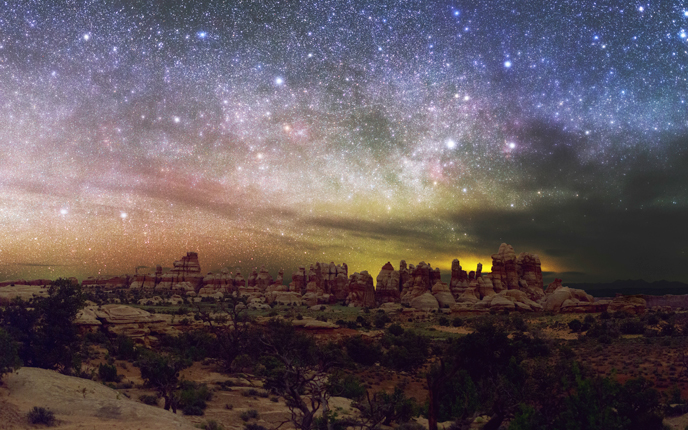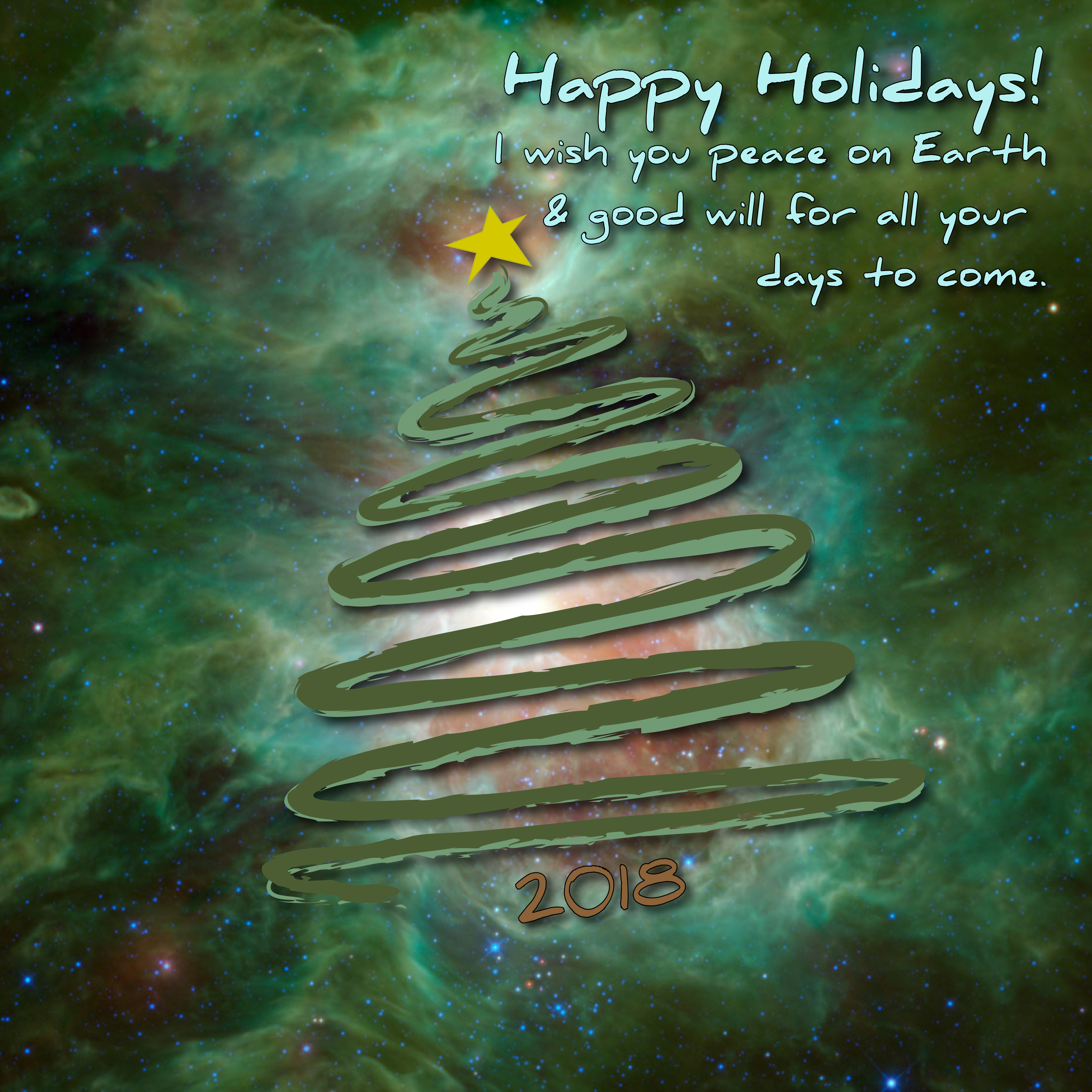Last week we talked about some ancient south African astronomy, so this week we'll talk about the state of modern astronomy in the southern part of Africa, which happens to be a great place with nice dark skies and a great view into the heart of the galaxy. In this...



